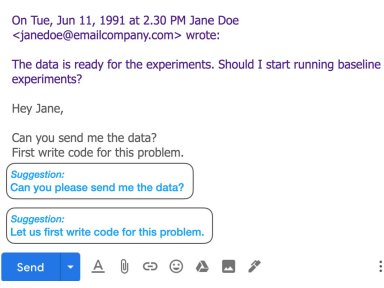DIGITAL LIFE

Can your computer be a little more polite, please? Thank you
More educated programs
In a tense moment in history, with a pandemic that does not seem to subside, politicians putting re-election above the health of the population and the search for justice demanding that people take to the streets in demonstrations, a little courtesy and politeness can help a lot.
And researchers at Carnegie Mellon University in the US are trying to take courtesy to another field that has been the target of many concerns: artificial intelligence.
Aman Madaan and his colleagues developed a method to make automated written and voice communications more polite, those made by software and which are already in virtually all customer service systems.
What the program does is to identify neutral or impolite requests - those that use impolite language or that just ask for something without saying "please" - and restructure or add words to make the sentences more polite.
For example, a phrase like "Send me the data" becomes "Can you send me the data, please?".
"This is extremely relevant for some applications, such as when you want to make your emails or chatbots look more polite or if you're writing a blog but can't find the right words," said researcher Shrimai Prabhumoye.
Programmed politeness
The team tested its politeness algorithm on an unusual set of data: Enron emails that went public when authorities discovered the biggest financial fraud in U.S. history, which led to the company's bankruptcy and the dissolution of the auditing firm Arthur Andersen.
But even with such an adequate data set, the researchers found it difficult to simply define politeness.
"It's not just about using words like 'please' and 'thanks'," said Prabhumoye. Sometimes you need to make the language a little less direct, so that instead of saying "You should do X", the sentence becomes something like "Let us do X".
Early versions of the algorithm gave almost hilarious results. For example, when it found the phrase "Help me, please", the program found it more polite to replace it with "Please, please, please, help me". But the team did not give up, and soon achieved more realistic results.
In the most recent version, first person singular pronouns - like me, me and mine - are replaced by first person plural pronouns - like us and ours. And, instead of placing "please" at the beginning of the sentence, the system learned to insert the expression within the sentence: "Could you please send me the file?"
Authors: Aman Madaan, Amrith Setlur, Tanmay Parekh, Barnabas Poczos, Graham Neubig, Yiming Yang, Ruslan Salakhutdinov, Alan W Black, Shrimai Prabhumoye
No comments:
Post a Comment